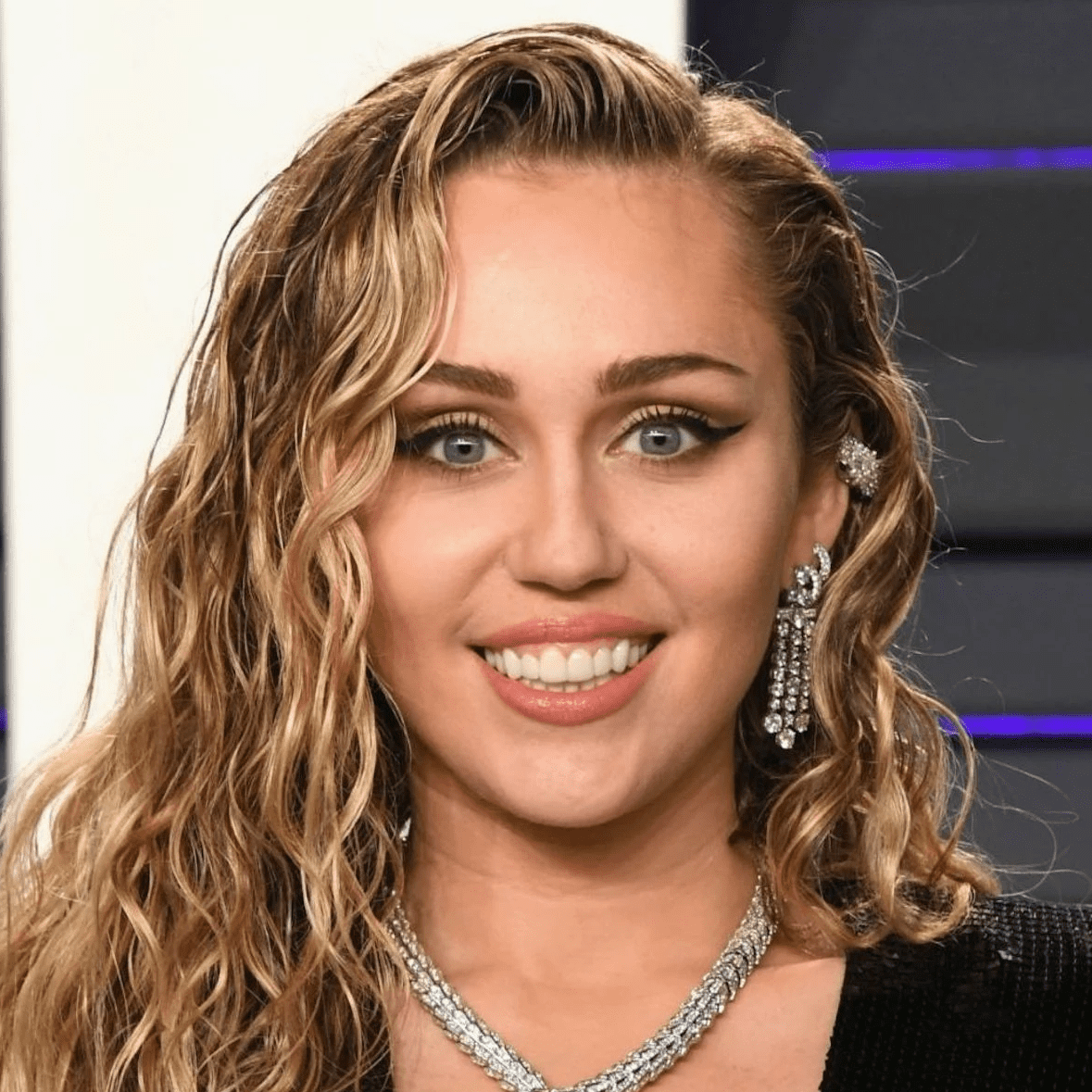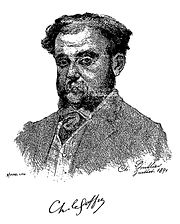Design
Design
Personality
Chart Properties
Your Cross represents the specific theme of your life. This cross embodies your unique potential & the lessons you're here to learn, providing a roadmap to fulfilling your life purpose.
We use the UTC birth time and date to do the calculations required to generate your Human Design chart.
Buy Tokens
Pay as you use, no expiry and no subscription required.Prompt Ideas
Get inspired with some epic prompt ideas.Gerard Schwarz's Biography
American conductor, a former trumpet virtuoso of the first rank who resigned from the New York Philharmonic in 1975 to concentrate on conducting. Very few musicians have made the jump from instrumentalist to maestro with any degree of success; however, within a decade he became one of the busiest and most sought-after conductors in the United States. Known for his unusual combination of exuberance and precision, he seems unfailingly to elicit from his players the ability for technical innovations and revitalizing old standards. As of January 1986 he was music director of six organizations that included the Los Angeles Chamber Orchestra and the Seattle Symphony. His trumpet proficiency reflected a staggering range and versatility that he attributes to early interest in jazz, and he achieved the pinnacle of trumpet soloists in the early ‘70s when he became the only wind player to win the Ford Foundation Award for Concert Artists.
The youngest of three children of Austrian immigrants, Gerard Ralph Schwarz’s father was a surgeon and his mother a psychiatrist. Both parents were amateur pianists and lifelong music lovers. By age five, Schwarz began taking piano lessons and within a few years was winning awards from the National Federation of Music Clubs and the Griffiths Foundation of Newark. He began his trumpet studies at the age of eight, soon surpassing his instructors’ competence in the local school system. From 1958 to 1960, he attended the National Music Camp, an elite summer camp for exceptionally talented musicians in Interlochen, Michigan. He set his career goal there to be the first trumpet of the New York Philharmonic. His parents, who wanted him to focus on the piano, told him he was on his own where the trumpet was concerned, and he earned instrument and instruction money through playing club dates, shining shoes and other odd jobs.
In the early 1960s, Schwarz moved in with an aunt in Manhattan so he could enroll at the High School of Performing Arts. During his sophomore year there, he was accepted as a pupil by a teacher who had been the New York Philharmonic’s principal trumpet for 31 years. After high school, Schwarz entered the Juilliard School in New York City where, in addition to trumpet, he studied composition and ear training. At the same time, he appeared with both the renowned American Brass Quintet and the American Symphony.
He acquired conducting experience as principal conductor and from 1967, was music director of Erick Hawkins Dance Company, a modern dance troupe. Later in the ‘60s, he led the Soho Ensemble, a musicians’ cooperative.
Because of touring, Schwarz did not complete the requirements for his B.S. degree from Juilliard until 1972. Shortly thereafter, he signed on as co-principal trumpet with the New York Philharmonic. Schwarz also displayed his virtuoso style on a number of recordings. His “Cornet Favorites,” a collection of early 20th century cornet solos, won the “Stereo Review Record of the Year Award” in 1974. He was also the only wind player to win the Ford Foundation Award for Concert Artists.
A few months after having achieved his goal of becoming principal trumpet of the New York Philharmonic, Schwarz decided that his artistic future was elsewhere. He studied the maestros at the Philharmonic, and moonlighted as a conductor for Speculum Musicale, the Chamber Music Society of Lincoln Center, and the Philharmonic Virtuosi, among other groups. His most important conducting assignment of those years came at the 1973 Aspen Colorado Music Festival, where he was principal trumpet of the festival orchestra and chairman of the music committee. He resigned from the Philharmonic in 1975 to devote energies to conducting.
In 1976, Schwarz was named music director of the Waterloo Festival in Stanhope, New Jersey. He was recruited to conduct for New York City’s 92nd St. Y in December 1976. Schwarz’s concerts were so successful he was recruiting and planning for the 1977-1978 inaugural season of the Y Chamber Symphony. In August 1978, a few months after guest conducting the Los Angeles Chamber Orchestra, he was appointed music director for the group. By 1982, the orchestra had cut more than 20 albums.
During the late ‘70s, Schwarz made guest appearances conducting the Israel Chamber Orchestra, the Juilliard Philharmonic and the San Francisco Symphony, among other groups. He continued leading orchestras, and rejuvenated the Mostly Mozart festival
where he became music director in June, 1984.
He married the dancer Lillo Way and had two children, Aysandra and Daniel. After their divorce, he later married Jody Greitzer in June 1984. He now plays the piano for relaxation.
Link to Wikipedia biography
Your Cross represents the specific theme of your life. This cross embodies your unique potential & the lessons you're here to learn, providing a roadmap to fulfilling your life purpose.
We use the UTC birth time and date to do the calculations required to generate your Human Design chart.





